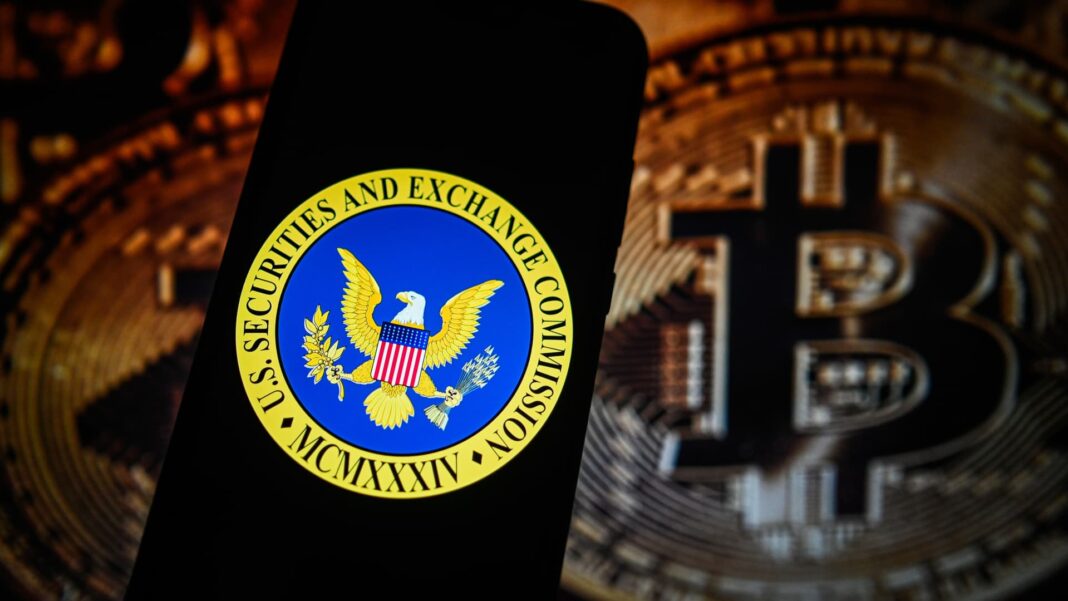[
]
Avishek Das | Lightrocket | Getty Images
FBI agents on Thursday morning arrested a 25-year-old Alabama man on charges related to the hack in January of the Securities and Exchange Commission’s X account, which led to the price of bitcoin spiking by more than $1,000, the Department of Justice announced.
The man, Eric Council Jr., is charged with conspiracy to commit aggravated identity theft and access device fraud, the DOJ said.
The Athens resident is expected to appear later Thursday in U.S. District Court for the Northern District of Alabama.
Council allegedly conducted Internet searches after playing a key role in the Jan.9 hack that included the terms “SECGOV hack,” “telegram sim swap,” “how can I know for sure if I am being investigated by the FBI,” and “What are the signs that you are under investigation by law enforcement or the FBI even if you have not been contacted by them,” the DOJ said.
Council is accused of conspiring with others to hack the SEC’s account and send a fake tweet in the name of the agency’s chairman, Gary Gensler, on Jan. 9 that said, “Today the SEC grants approval for #Bitcoin ETFs for listing on all registered national securities exchanges.”
Bitcoin’s price rose by more than $1,000 after that bogus tweet was posted.
Shortly afterward, the SEC regained control of its social media account, and announced the tweet was false and due to a hack.
“Following this corrective disclosure, the value of BTC decreased by more than $2,000 per bitcoin,” the DOJ noted.
Council allegedly was paid in bitcoin by co-conspirators for his role in the hack.
The hack occurred at a time when the SEC was considering whether to approve for sale exchange-traded funds that held that cryptocurrency.
A day after the hack, the SEC approved rule changes that allowed the creation of bitcoin ETFs in the United States.
The DOJ said that Council, who used the online handles “Ronin,” “Easymunny,” and “AGiantSchnauzer,” is accused of using a so-called SIM swap scheme to help pull off the hack. SIM swaps involve a fraudster duping a cellular service provider into given them control of a victim’s phone.
Council allegedly received an ID card template from co-conspirators that contained a victim’s name and photo, and then used his ID car printer to create a fake ID.
“Council proceeded to obtain a SIM card linked to the victim’s phone line by presenting the fake ID at a cell phone provider store in Huntsville, Alabama,” the DOJ said.
“He then purchased a new iPhone in cash and used the two items to obtained access codes to the @SECGov X account” before sharing the codes with co-conspirators, who then used them to access the X account, the DOJ said.
After Council was paid by the others, he drove to Birmingham to return the iPhone used in the SIM swap for cash, according to prosecutors.
This is breaking news. Please refresh for updates.


